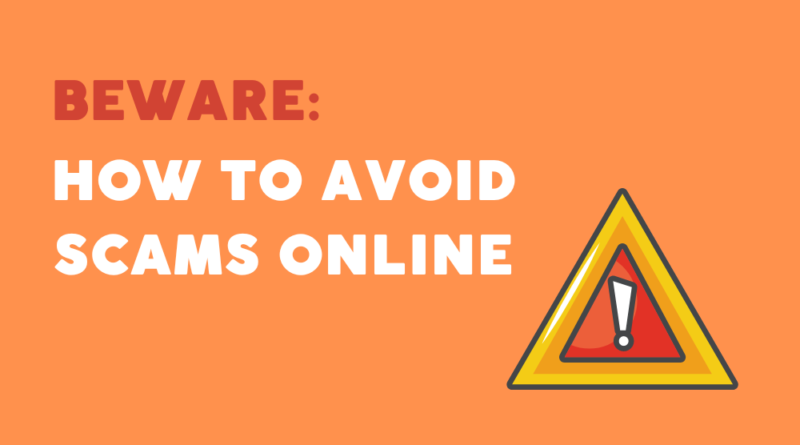Beware of Grant Scams: What You Should Know About Them
Our customer service team at GrantWatch is fantastic and is always working diligently to help our customers get the information they need. Everyday phone calls and online chats are answered so that people can get that information. And unfortunately, a call (and a question) that we hear all too often is regarding schemes mentioning grants that seem too good to be true.
Grant scams are horrible, and often target vulnerable populations and older adults, making them especially evil. They often seem to be legitimate. Similar to other scams, these scammers offer up some kind of incentive to entice the individual to give up detailed personal information and pay some sort of fee to receive the “grant.”

Here are a few reminders every individual, nonprofit, and small business should have:
- You do not need to pay to receive a grant: If anyone tells you that you have to pay to receive a grant that you have “won” this should immediately make you suspicious. This is not how it works, and it’s probably a red flag that it is a scam. Anyone who tells you to pay a fee before getting funds is running a scam, don’t fall for it.
- Always check the funding source to make sure it’s legitimate: Grants can be awarded by a variety of organizations, namely state governments, federal governments, or foundations. If something seems suspicious, call up the funding source and find all relevant information, and if you think you are being scammed, then go ahead and report it. Often these kinds of scams might be quite distinct. However, for many older adults, it may be hard to recognize these scams. Make sure to always pass this information along to your parents and grandparents.
- In almost all cases, grants have to be applied for: This should be the first line of defense against all scams. If someone is calling you about a grant that you have been awarded and you didn’t apply for it, this should be a significant red flag. Ask the person on the other end of the phone for all the information you can think of. Get as much documentation as possible. One of the things about scammers is that they often repeat these practices. Asking questions may allow you to prevent other people from having to repeat the experience and will enable you to report these practices to the appropriate authority.
- If you have any questions about potential grant scams, call GrantWatch: We have experienced staff who know how to identify fraud and can help guide you through the process. It’s often scary to go through an experience like that; just know that we are here to answer any of your questions and can help if you need guidance. Reach out if you have any questions at (561) 249-4129.
You can report all grant scams or related fraud to the Federal Trade Commission by either reaching out to them through their website or by calling 1-877-FTC-HELP. You may also wish to file a report with your regional fraud reporting center, such as the Internet Crime Complaint Center (www.ic3.gov). If wish to file a complaint with a company in a country other than the United States, you can do so at http://www.econsumer.gov.
GrantWatch is committed to helping ensure that nonprofits have the proper information about grants that have been made available as a result of the COVID-19 pandemic, and our team is consistently updating this list to reflect any updates available. GrantWatch does not give grants. We only provide grant information. If anyone asks you to pay money or pre-pay to receive a grant, representing that they work for a company that you know and trust…Do not believe them. Do not engage with them and do not give them money.

